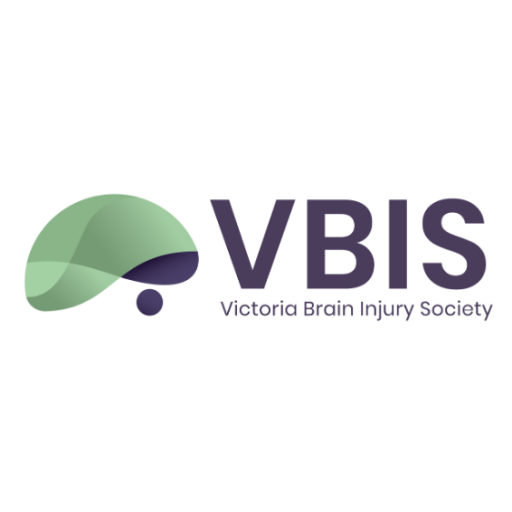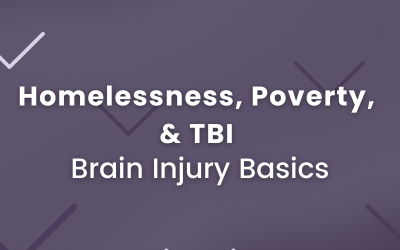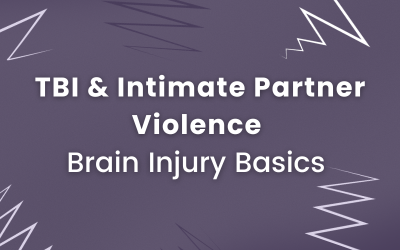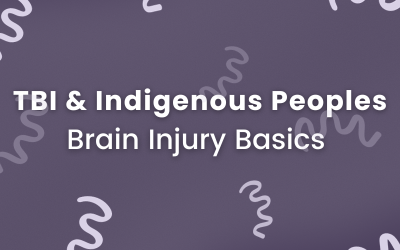Overdose and Drug Use
This fourth segment is written by Jordan Parker – Education Coordinator at the Victoria Brain Injury Society.
In BC, 19.2% of residents experience a substance use issue or mental health illness at any given day. However, research monitoring the rates of brain injuries associated with addictions, both cause and consequence, goes understudied and under reported. Check out Mental Health and Addiction 2023 Resource Guide for Greater Victoria with additional resources and information.
How can overdose and drug use cause a Brain Injury?
An overdose is characterized by “having more of a drug (or a combination of drugs) than the body can handle” (International Overdose Awareness Day, 2022). Whether it’s prescription medication from a doctor or other substances, any drug has the potential to lead to an overdose and result in brain injury. In Canada, statistics indicate that approximately 21% of the population will grapple with drug addiction at some point in their lives.
The impact of overdose and drug use on the brain is linked to anoxia and hypoxia. Anoxia refers to a complete lack of oxygen supply to the brain, while hypoxia involves reduced oxygen levels. During a drug overdose, respiratory depression can occur, causing breathing to slow down significantly or stop altogether. Consequently, the brain may not receive adequate oxygen, leading to anoxic or hypoxic brain injuries.
The drug’s effects during an overdose can suppress the respiratory center in the brain, causing a reduction in breathing rates. Additionally, certain drugs can directly affect the heart, leading to lowered blood pressure and diminished blood flow to the brain, exacerbating the oxygen deprivation.
The ramifications of insufficient oxygen in the brain can be severe. Brain cells are highly sensitive to oxygen deprivation, and without a continuous oxygen supply, they can quickly sustain damage and perish. The extent of the damage depends on the duration of oxygen deprivation and the affected brain regions, potentially leading to a range of neurological deficits, cognitive impairments, and physical disabilities.
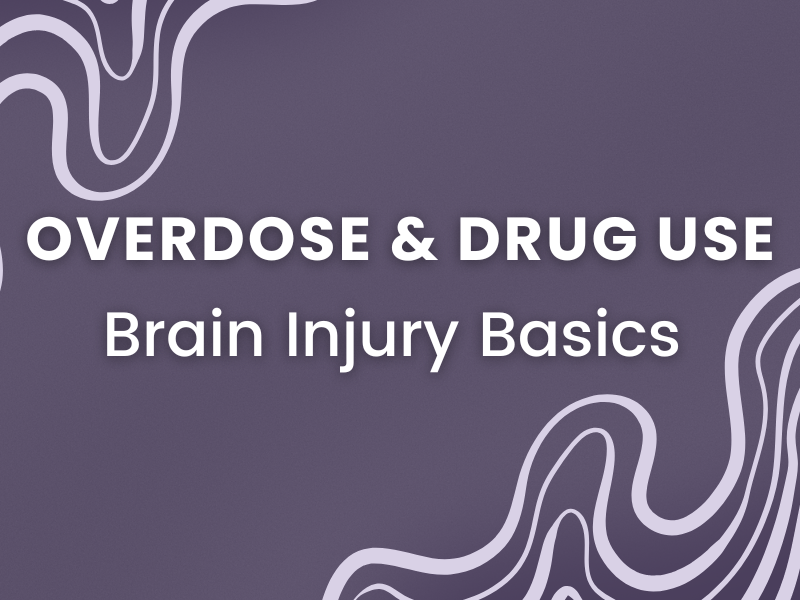
Common substances that can cause brain injury include depressants, opioids, alcohol, and stimulants. Depressants are often prescribed to alleviate pain or induce sleep, but when taken in excessive amounts, they depress normal functions, including heart rate and breathing. On the other hand, opioids have a similar depressant effect and bind to pain receptors in the brain. Stimulants are another category of drugs that, when taken in excessive doses, can elevate the risk of heart attack, stroke, and seizures.
For more information on the signs of overdose and the best responses for each drug, refer to the provided link HERE. Understanding the risks associated with drug use and taking appropriate measures is essential in safeguarding brain health and overall well-being.
References:
Moore, Jim. (2021). Calgary Dream Centre. https://calgarydreamcentre.com/statistics-on-addiction-in-canada/
International Overdose Awareness Day. (2023). Overdose basics. https://www.overdoseday.com/overdose-basics/
Health Canada (2023). Opioid- and stimulant-related harms. https://health-infobase.canada.ca/substance-related-harms/opioids-stimulants
MedicineNet. (2021). What are the differences between anoxia and hypoxia?. MedicineNet. https://www.medicinenet.com/differences_between_anoxia_and_hypoxia/article.htm
Brain Injury Canada. (2020). Hypoxia & anoxia. https://braininjurycanada.ca/en/non-traumatic-brain-injury/hypoxia-anoxia/
BC Centre for Disease Control. (2020). Neurological Injury† Following Overdose: Preliminary Descriptive Results from the Provincial Overdose Cohort. http://www.bccdc.ca/Health-Professionals-Site/Documents/Harm-Reduction-Reports/Neurological%20Injury_ODC_2020_01_03.pdf
